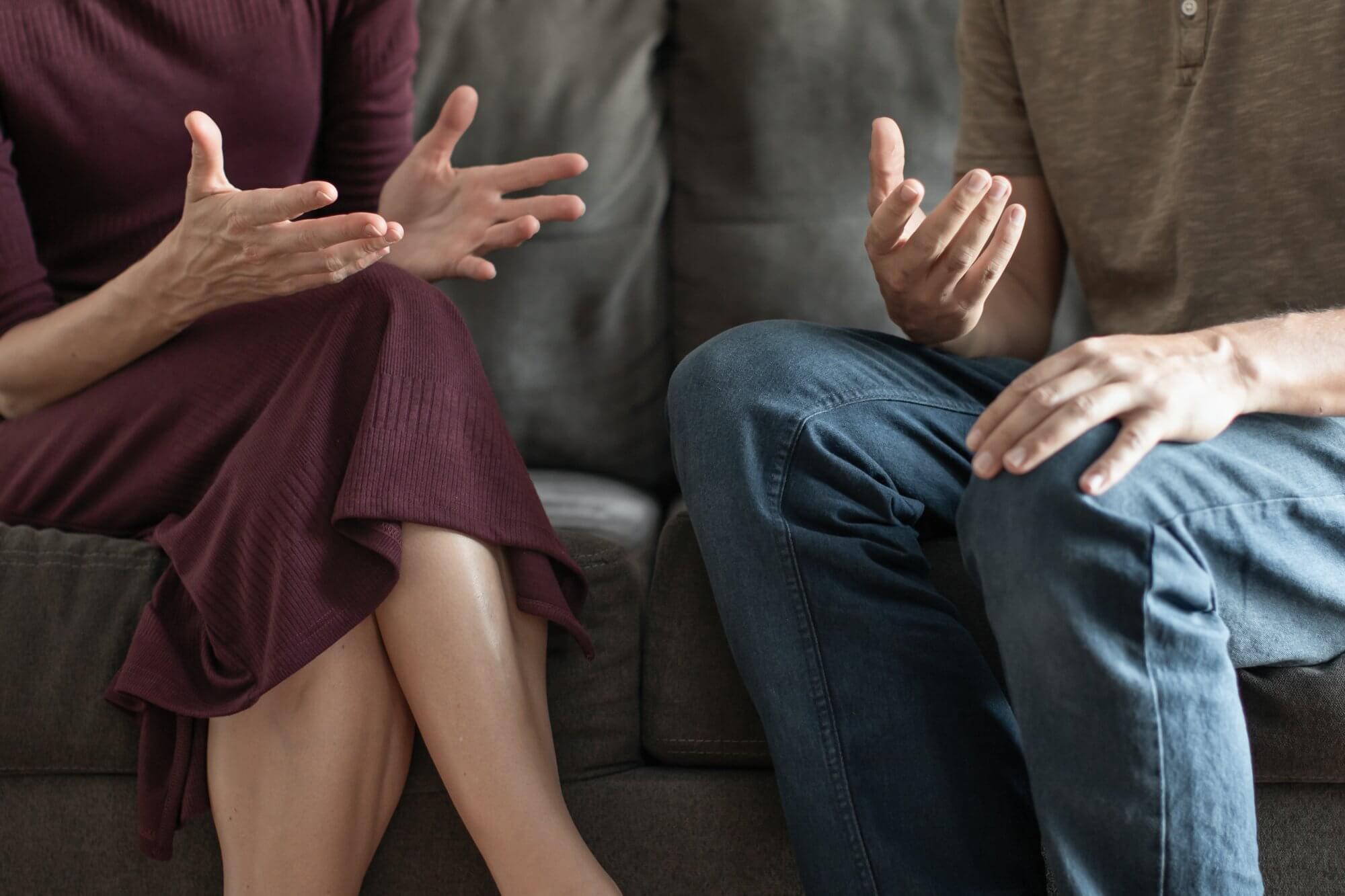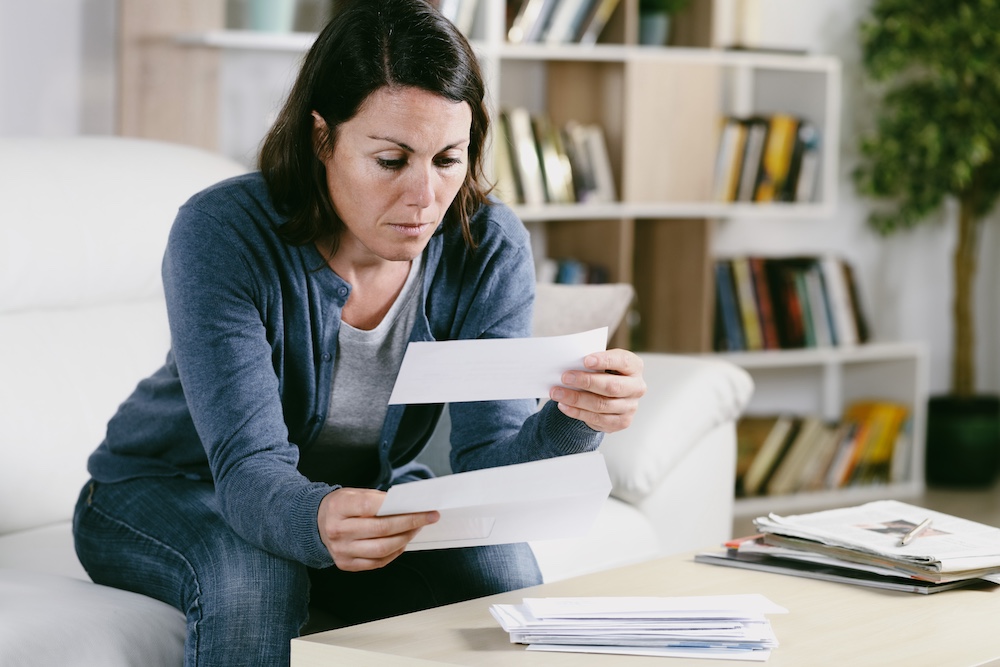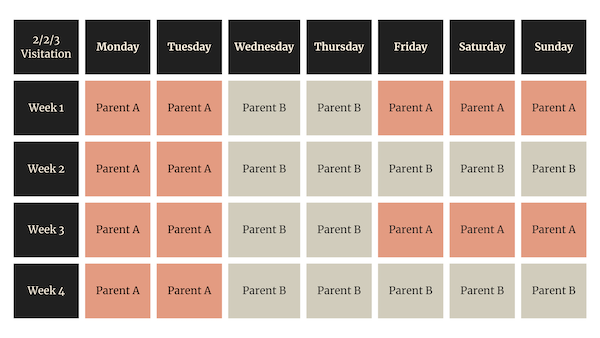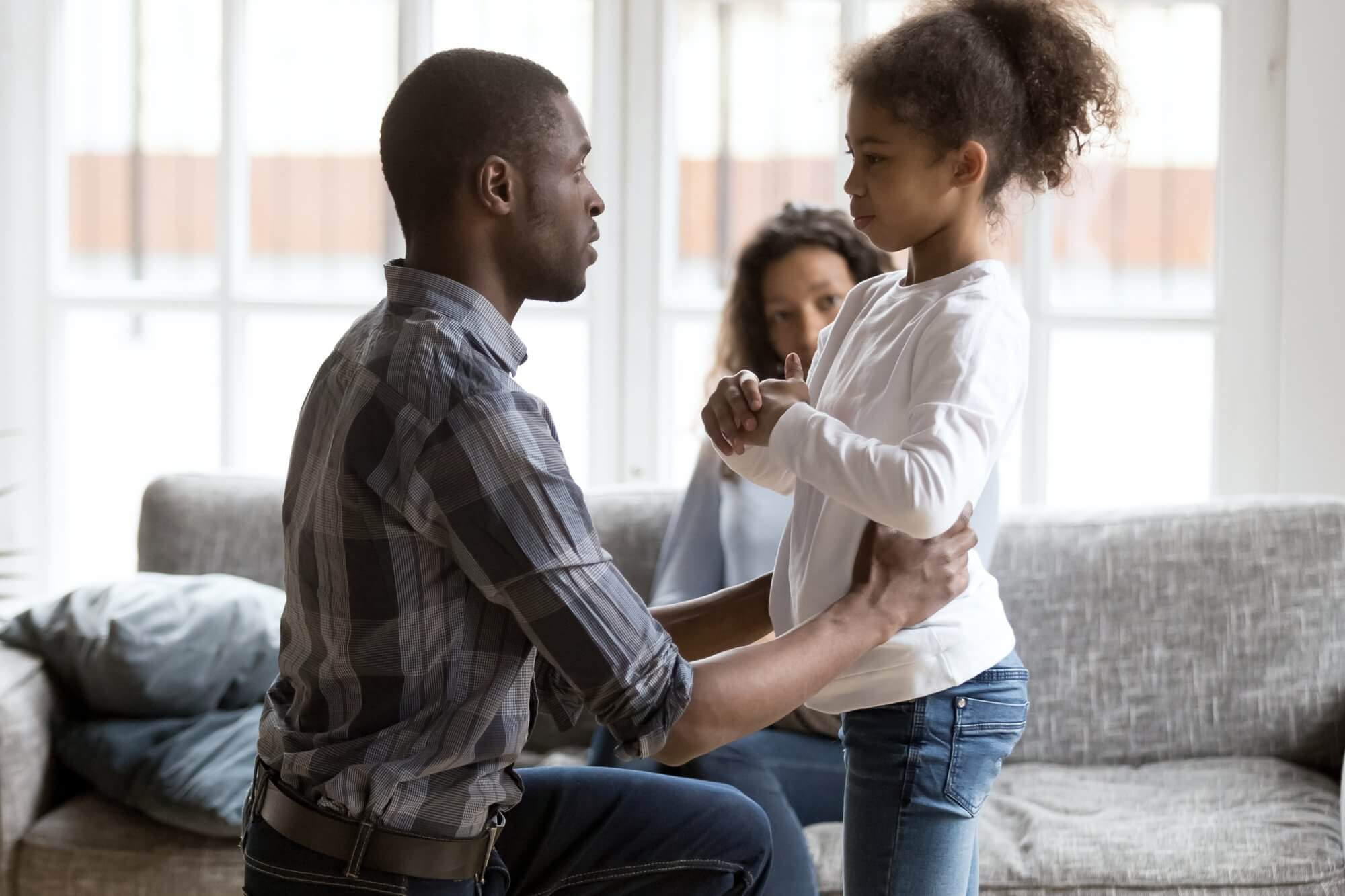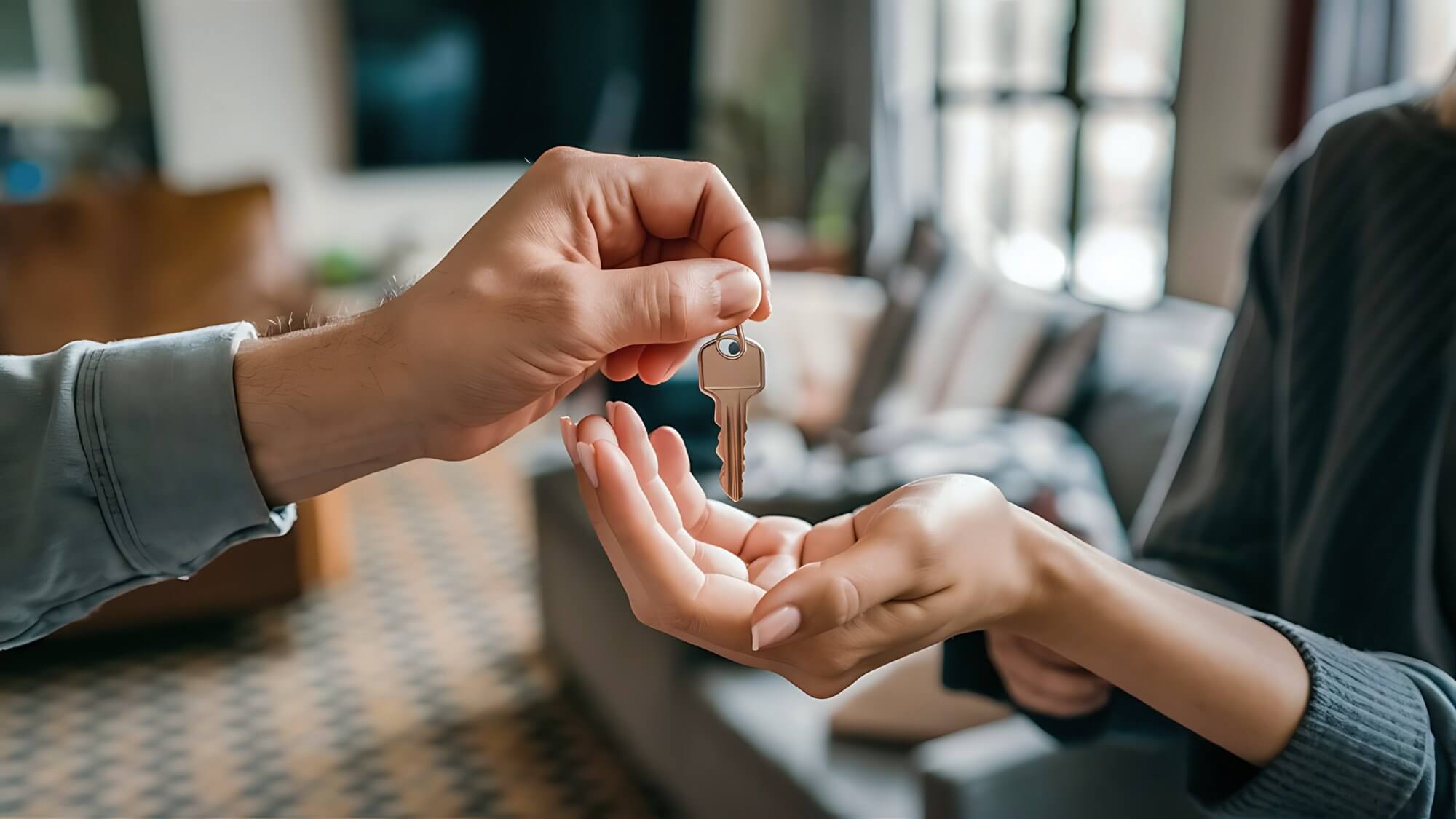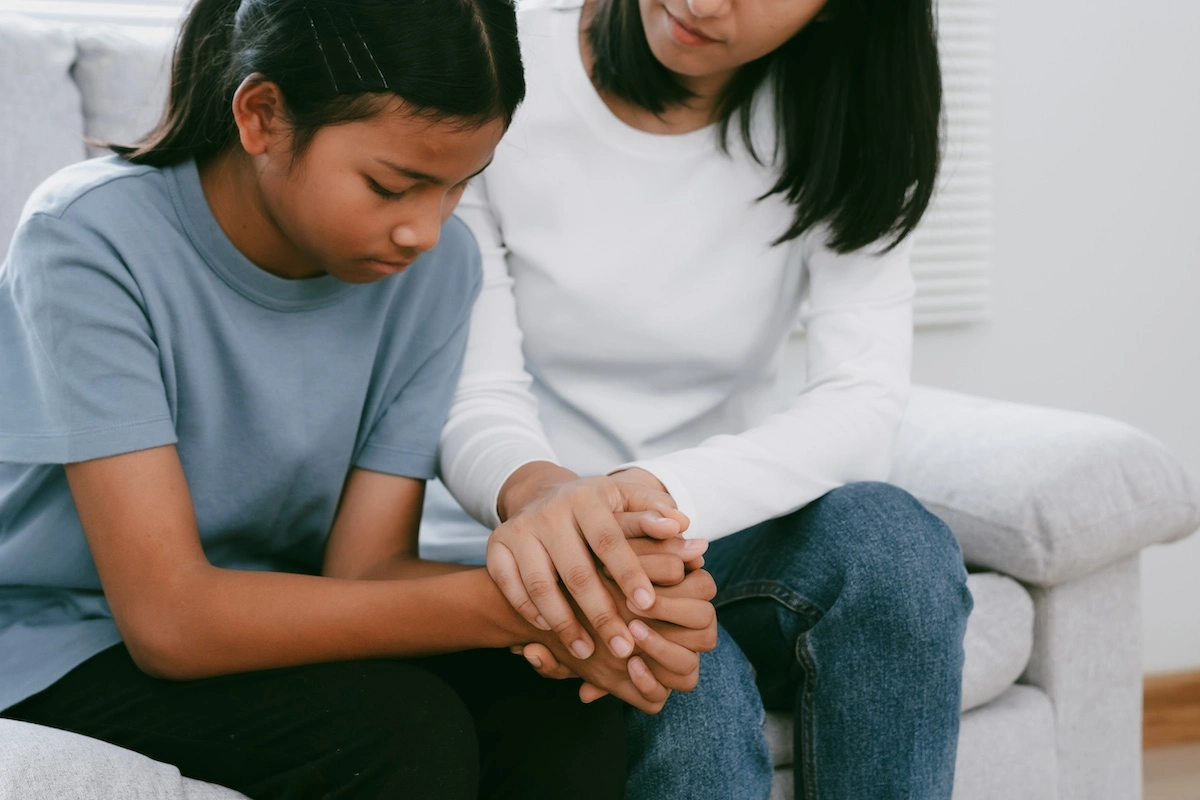How to Tell Your Friends that You Are Getting Divorced
Talking About a Marriage Ending Can Be Tough, but It Can Also Open You Up To Support
When you’re going through a divorce, talking to friends about it can be difficult. You might be embarrassed, ashamed, or feel like you failed at something. That’s only natural, but it’s important to understand those feelings and work through them towards a brighter future. One way to start moving forward is to talk to your friends about what you are going through and open yourself up to accepting their support.

There is a certain catharsis that comes from telling people about your divorce. It’s like a weight off your shoulders. Having to lie, watch your words, and dance around your true feelings is an extra burden you don’t need when you’re already going through a tough transition. You may not always get the reaction you want, and it can be difficult, but at least you’ll live authentically.
How to Start
When you start telling people about your divorce, it can feel overwhelming. In the beginning, reach out to people directly. A simple phone call or even a visit to a trusted friend is a good way to start. Depending on how much you’ve opened up to them, they may already know something was wrong. Usually, they’ll be supportive and want to be there for you, which can feel like a ray of sunshine on a stormy day. Your talk may even deepen your relationship and lead to a more meaningful emotional connection.
Skip the Crowds
Large social gatherings can be overwhelming, with well-meaning friends and loved ones asking questions and trying their best to support you, but inadvertently making things even more difficult. It’s ok to take your time and decline the invite to social shindigs that you aren’t feeling up to just yet. Once you’ve had some time to have one-on-one conversations and start processing the news yourself, you’ll build the resilience you need to get back out there.
People will generally respond with care and concern to the news of your divorce, but, sometimes, you’ll get a response you weren’t expecting.
Put Social on Ice
It’s probably a good idea to avoid posting anything about your divorce on social media, especially before you’ve communicated with those that will be most directly affected, like children. You’ll also want to refrain from posting negative comments about your soon-to-be ex. Sharing online opens you up to unwanted attention and comments, and, depending on what you post publicly, your spouse may be able to use it against you in court. Staying away from sharing details on social media for a while can offer you and your family privacy while you process this transition.
Keep Reaching Out
Divorce can feel isolating and it’s important to keep reaching out. As you tell more people about what you’re going through, continue connecting with them. Friends can be a great source of advice, comfort, and support. It doesn’t always have to be a phone call or an in-person meeting. If you’re more comfortable texting, sending an email, or even writing a letter, that’s what you should do. Be intentional about the communication methods you use, as your story will often spark a conversation that can be meaningful.
Negative Responses
People will generally respond with care and concern to the news of your divorce, but, sometimes, you’ll get a response you weren’t expecting. If you have friends who were close to both you and your spouse, they may get angry or even blame you for the break, especially if they’ve been talking to the other party. They may also try to stay neutral, which can feel like a betrayal because they didn’t choose you.
When people get overly emotional about the situation you’re going through or don’t show the support you need, it’s ok to distance yourself from them, at least temporarily. If you continue interacting with them, it could cause you emotional pain and may even make you lash out in anger, costing a friendship. With space, you’ll be able to process your feelings, and, in time, you’ll be able to handle theirs better.
Unsolicited Advice
Some people who hear that you’re going through a divorce will have advice they want to give you. That’s a good thing. It shows that they care about you and want to help you with some knowledge or experience they’ve gained. However, it can also come from a place of self-importance and can be both unsolicited and unwanted.
Try not to be offended when this happens. Even a “know-it-all” probably still cares and only voices their concern in the language they know best. And you don’t have to follow anyone’s advice. You don’t even have to listen to it if you don’t want to. You can politely ask for some time before you continue discussing the divorce and move on. Ultimately, it’s your life, and all decisions are yours.
Getting Together
Eventually, you’ll want to start going out and being social again. That can be easier if you start with a small group of close friends who are already aware of the situation and have had a chance to talk to you individually. If possible, choose a setting where you’re comfortable. If you don’t want to talk about the divorce, tell your friends beforehand, and try to stay calm if they mention it anyway. Overall, it’s important to have fun. Your marriage may be over, but your life isn’t.
Larger parties and family get-togethers can be more challenging. Not everyone will know what’s happening; some will only know a little. You may get more unsolicited advice or inappropriate questions than you’re used to. Having a plan and a good friend or small group attend with you can deflect some of the attention.
Closer to Closure
No one likes to feel vulnerable, but sometimes that’s just what you need. Having someone you can open up to can be powerful and healthy for your emotional well-being. It can be a trusted friend, family member, or a professional such as a psychiatrist. The important thing is that you reach out. People won’t know what you need until you let them in. If you ask for support, you just might get it.










